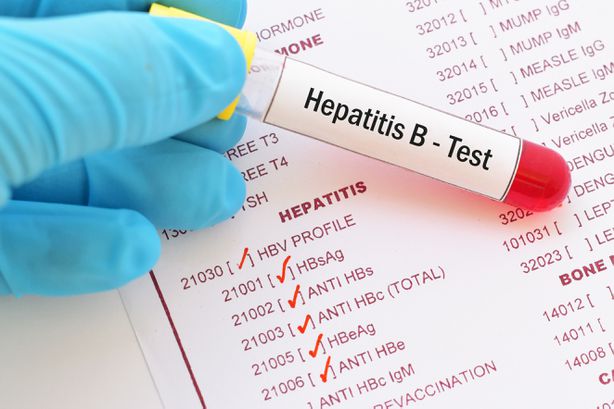Hepatitis D virus (HDV) has been officially classified as carcinogenic to humans, placing it in the same category as Hepatitis B and C in terms of liver cancer risk. This classification follows growing evidence of HDV’s significant role in causing severe liver complications, particularly among individuals already infected with the Hepatitis B virus (HBV). Unlike other hepatitis viruses, HDV cannot operate alone; it requires the presence of HBV to infect a person and replicate. Once inside the body, HDV worsens the damage caused by HBV, accelerating liver inflammation, scarring (cirrhosis), and increasing the risk of developing liver cancer.
The uniqueness of HDV lies in its dependency on HBV. It acts like a “satellite” virus, piggybacking on HBV to gain access to liver cells. Co-infection or superinfection when a person already infected with HBV later contracts HDV leads to more aggressive disease progression than HBV infection alone. Studies show that individuals co-infected with HBV and HDV are at significantly higher risk of developing cirrhosis and hepatocellular carcinoma (a common type of liver cancer).
Recognising the symptoms of HDV infection is critical for early diagnosis and treatment. However, these symptoms often resemble other liver disorders, making it easy to misdiagnose or overlook the infection altogether. Common signs of HDV infection include fatigue, loss of appetite, nausea, abdominal discomfort (particularly in the upper right abdomen), dark urine, jaundice (yellowing of the eyes and skin), unexplained weight loss, and occasional fever. Since these symptoms can appear mild or intermittent, many individuals delay seeking medical attention, leading to worsening liver damage over time.
Prevention remains the best strategy against HDV. The primary way to prevent HDV infection is through vaccination against HBV, as HDV cannot infect individuals who are not already infected with HBV. High-risk groups such as healthcare workers, people who inject drugs, individuals with multiple sexual partners, and those living with HBV should be particularly vigilant about vaccination and regular screening.
Given the serious consequences of HDV infection, increasing public awareness, expanding access to testing, and improving treatment protocols are essential to reduce the burden of liver disease and liver cancer globally.

